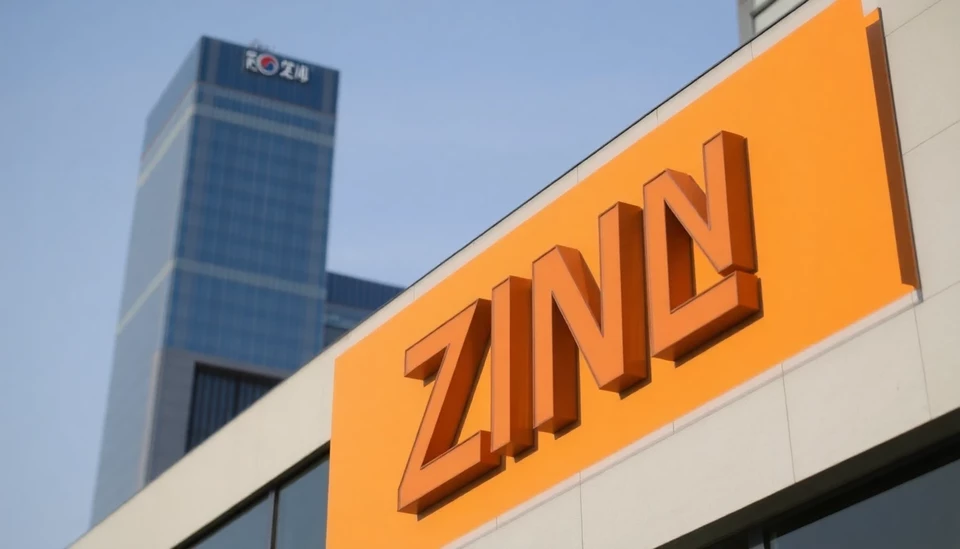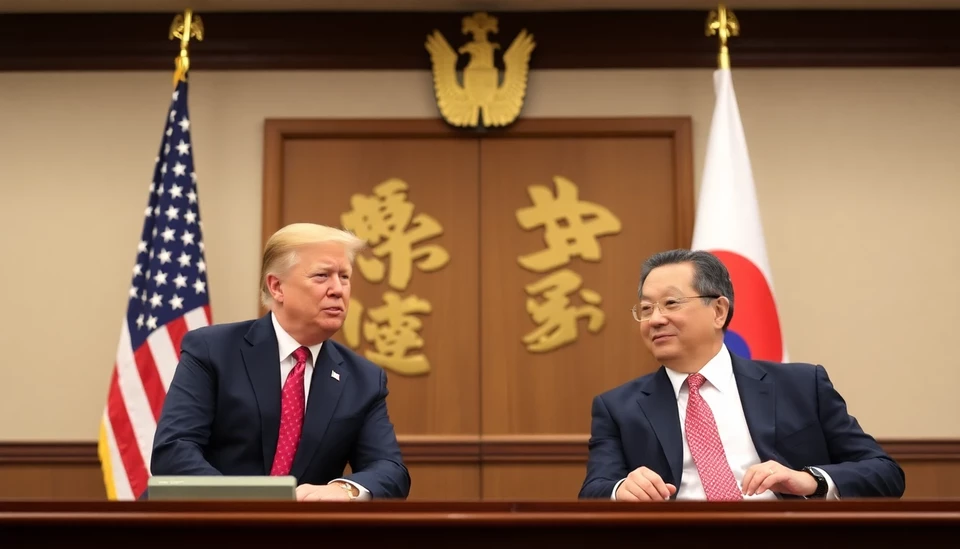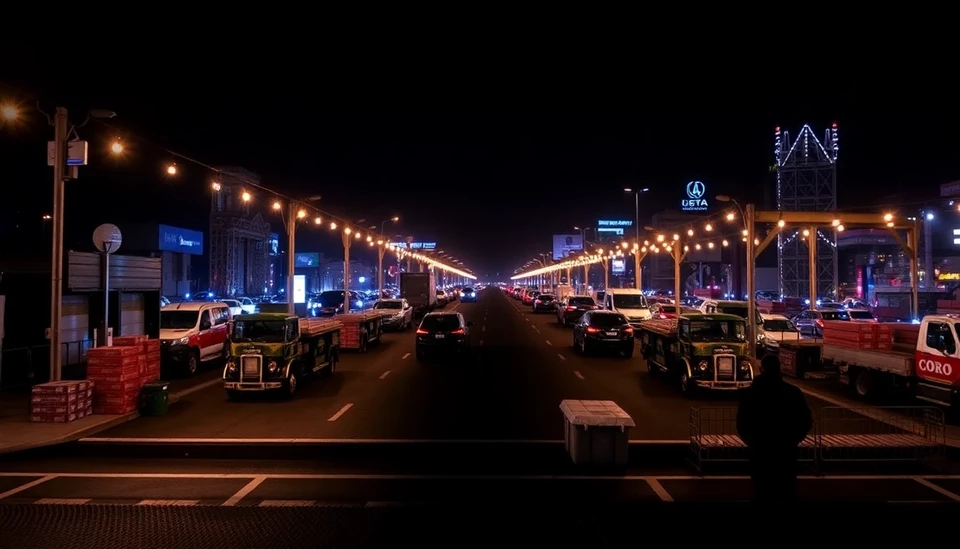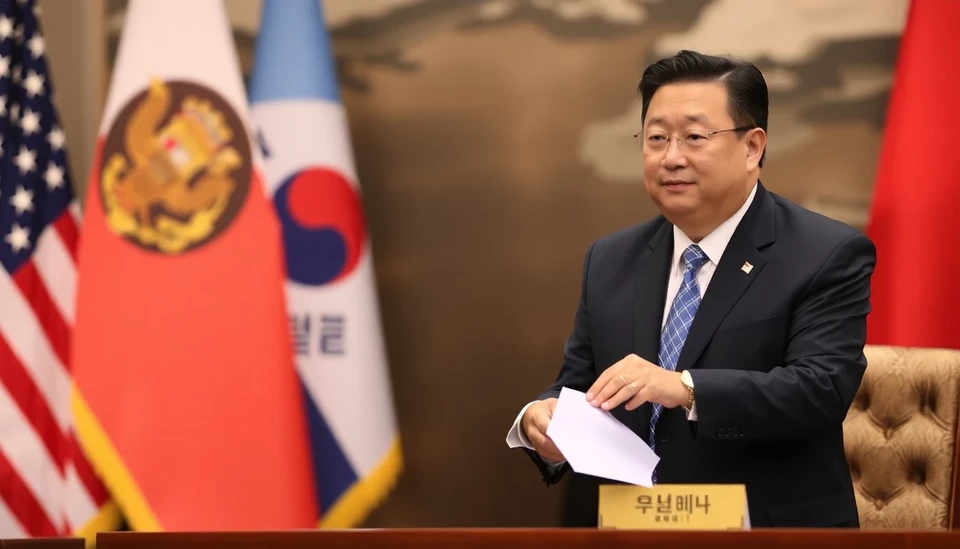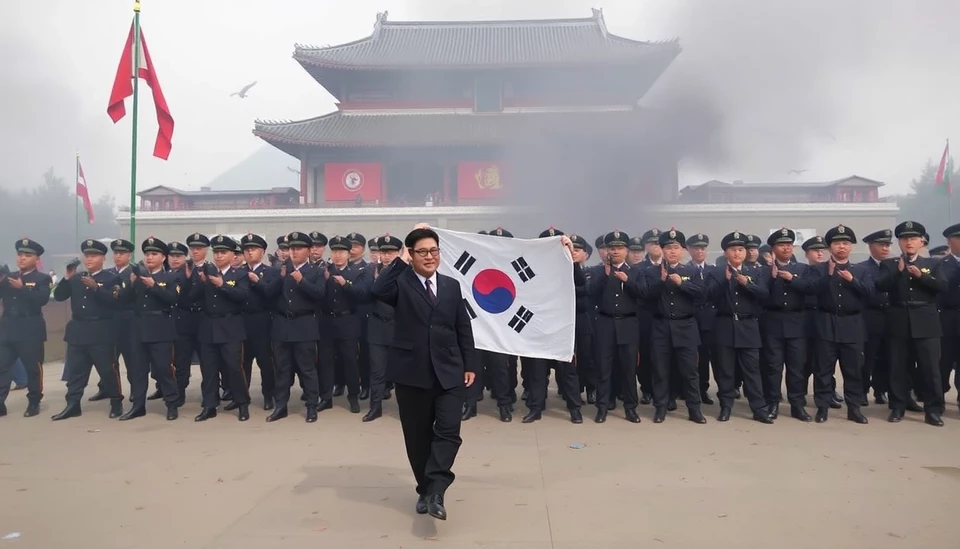
South Korea has officially declared martial law following escalating unrest that has gripped the nation amid ongoing political and economic turmoil. The decision was made in response to mass protests and demonstrations that have taken place across major cities, fueled by public discontent over rising costs of living and perceived government inefficiencies.
The protests began several weeks ago as citizens took to the streets to express their frustration over inflationary pressures and stagnant wages. As the demonstrations intensified, the government's response became increasingly stringent, leading to severe clashes between protesters and law enforcement. The situation escalated dramatically, prompting President Yoon Suk-yeol to invoke martial law as a means to restore order and ensure public safety.
Under the martial law provisions, the government has been granted extraordinary powers to impose curfews, limit gatherings, and deploy military personnel in urban areas to assist with maintaining public order. The declaration has raised concerns among human rights organizations, who worry about potential abuses of power and the infringement on civil liberties. Critics argue that the government's heavy-handed approach is exacerbating tensions rather than providing solutions to the underlying issues.
The national mood has been described as one of fear and uncertainty, with citizens divided on the government's handling of the crisis. While some support the measures as necessary to restore stability, others view the enforcement of martial law as an overreaction that threatens democratic principles. The tension has been palpable as news spreads of confrontations, arrests, and injuries reported in various parts of the country.
Economic analysts are closely monitoring the implications of martial law on South Korea’s economy, which has already been struggling with sluggish growth. Inflation rates have climbed to their highest levels in decades, driven by rising energy prices and supply chain disruptions. The government's efforts to control prices and stabilize the economy have faced numerous challenges, leading to increased public frustration and calls for reform.
In light of these developments, international observers are expressing their concern about the trajectory of South Korea's political landscape. The potential for further escalation in violence or unrest remains high, with calls from various political factions urging for dialogue and resolution rather than repression. The coming days will be critical as the nation grapples with the challenges of maintaining order while addressing the legitimate grievances of its citizens.
As South Korea navigates this difficult juncture in its history, the world is watching closely. The government's ability to manage this crisis will not only affect the immediate situation but could also shape the future political climate and public trust in governance.
For now, the streets of Seoul and other major cities remain tumultuous, and citizens are left to navigate the uncertain waters of a nation under martial law.
#SouthKorea #MartialLaw #PoliticalUnrest #EconomicCrisis #Protests #CivilLiberties
Author: Rachel Greene

